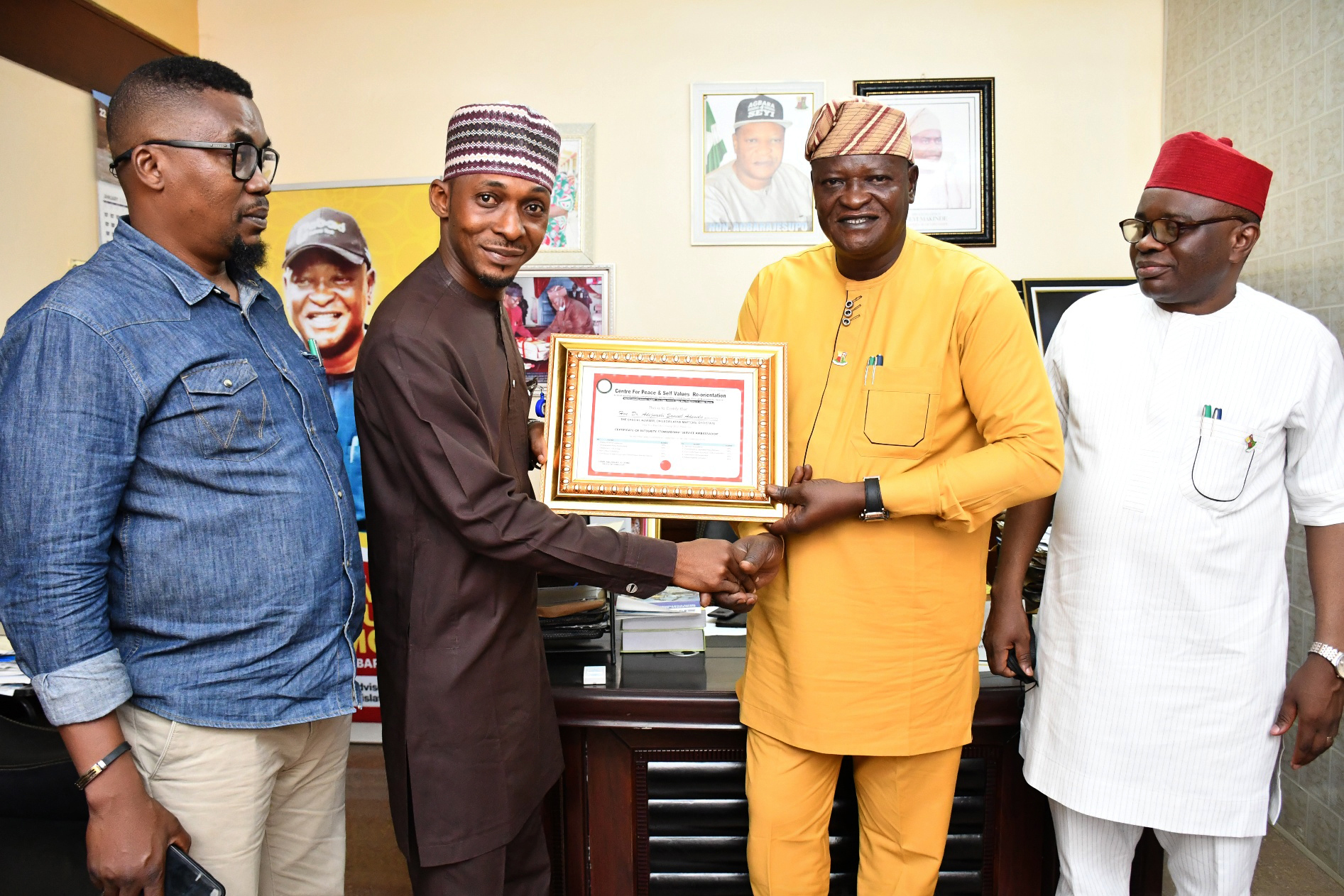Business
‘Modular Labs, Boost To Economy, Health Care’

A former Commissioner for Health in Rivers State, Dr. Tamunoiyoriari Sampson Parker, says the establishment of Molecular Laboratories in the Country would not only improve the economy of Nigeria, but also build confidence and improve the country’s health-care delivery system.
Dr. Parker, who stated this recently in Port Harcourt while signing a memorandum of understanding (MoU) between Drug Discovery World (DDW) Molecular Laboratories, and INQABA Biotech West Africa, said the increase in modular laboratories can only enhance growth in Nigeria’s economic status.
Expressing delight over the growth of molecular diagnosis in the Country, Parker said metagenomics for environmental analysis, soil analysis and so many other things, which Nigerians spend money to do abroad, are now available in Port Harcourt.
“You remember just a few years back while I was Commissioner for Health, the whole country had only about 2 or 3 molecular diagnostic centres. But today, there are quite a lot. We are counting almost about 84 in Nigeria and quite a couple of them are into Deoxyribonucleic Acid (DNA) sequencing.
“This will keep our money in Nigeria and will also help our economy. This improvement will build confidence in our health care sector, encouraging brain gain that would result in direct foreign investment. I am very happy with our partners, INQABA Biotech West Africa”, he said.
The former Health Commissioner, who is the Chief Executive Officer of DDW Molecular Laboratories, said DDW was going into partnership with INQABA Biotech West Africa to carry out DNA sequencing, paternal and maternal dispute settlement of DNA analysis, and DNA fragmentation.
In his remarks, the Regional Sales Manager of INQABA Biotech West Africa, Urom Uchenna, said his company brought development to Africa through genomics, which is the science of genes and life services.
According to him, they were collaborating in two fronts: metagenomics and genetic testing, stressing that with this environmental impact analysis that are done for oil companies, “we will move away from the general microbiology method.
“The microbiology method cannot culture every organism because some organisms cannot be cultured.
“You cannot really estimate the total number of organisms in a particular environment or the total losses that they have suffered.
“With metagenomics, however, you can estimate all you have lost as a result of oil exploration or activities. This also helps to guide our Bioremediation efforts across the Niger Delta”, Uchenna said.
By: Lilian Peters
Business
Two Federal Agencies Enter Pack On Expansion, Sustainable Electricity In Niger Delta

Business
Why The AI Boom May Extend The Reign Of Natural Gas

Business
Ogun To Join Oil-Producing States ……..As NNPCL Kicks Off Commercial Oil Production At Eba

-

 Politics4 days ago
Politics4 days agoAPC Releases Adjusted Timetable For Nationwide Congresses, Convention
-

 Sports1 day ago
Sports1 day ago2026 WC: Nigeria, DR Congo Awaits FIFA Verdict Today
-
Sports4 days ago
DG NIS Wants NSC Board Constituted, Seeks Increased In Funding
-

 Business4 days ago
Business4 days agoCustoms Seek Support To Curb Smuggling In Ogun
-

 Featured4 days ago
Featured4 days agoINEC Proposes N873.78bn For 2027 Elections, N171bn For 2026 Operations
-

 Sports4 days ago
Sports4 days agoSWAN Rivers Set-up Five Functional Committees
-
Sports4 days ago
NSC Disburses N200m Training Grants To 26 Athletes
-
News4 days ago
Police Bust Kidnapping Syndicate In PH

